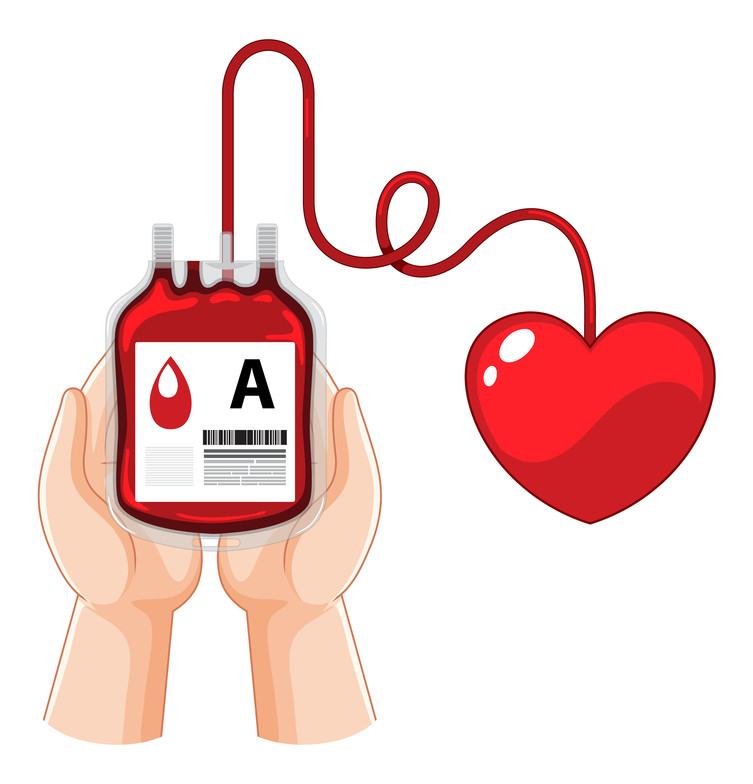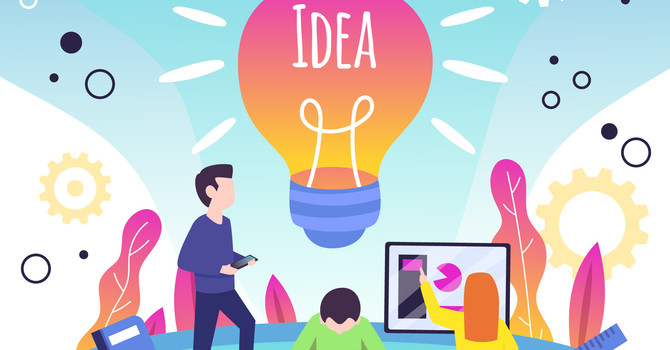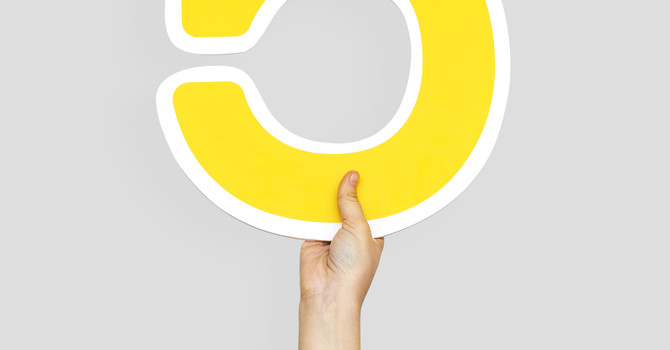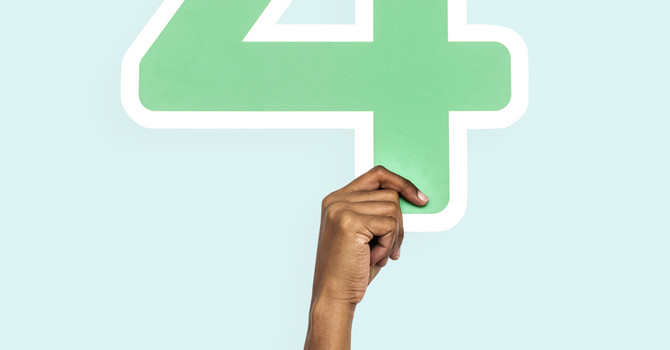Giving Blood: Building Community, Connection, and Purpose
.JPEG)
Rachel Bradley
November 14, 2024
.JPEG)

In today’s fast-paced world, there are few simple actions with immediate, life-saving effects. Giving blood is one of them. Beyond the direct medical benefits of donating blood, it’s a gesture of solidarity and compassion that strengthens the bonds within our communities. Blood donation is not only a practical contribution to public health but also a deeply meaningful way to enhance a shared sense of purpose and community.
Every two seconds, someone in need receives blood. Cancer patients, trauma victims, individuals undergoing surgery, and people with certain chronic illnesses all rely on blood donations to sustain or save their lives. Unfortunately, demand often outpaces supply, especially in cases of rare blood types or during national crises. When we give blood, we’re not only filling a medical need but also stepping up as a lifeline for our neighbours, friends, and even complete strangers.
Fostering Empathy and Connection
Blood donation fosters empathy, reminding us of our shared humanity. As we take an hour out of our day to give blood, we’re not just helping an anonymous patient; we’re helping people with families, aspirations, and lives just like ours. Blood banks, often staffed by dedicated volunteers and health professionals, can become a point of connection where individuals from different walks of life unite for a single cause: saving lives.
Increasing Community Resilience
When community members give blood, it strengthens collective resilience, especially during natural disasters, pandemics, or other emergencies. These situations underscore how interconnected we are—one person’s donation can mean survival for another. Blood drives bring communities together around this shared vulnerability, fostering a sense of trust and security. By regularly giving blood, we ensure that our communities have the resources needed to respond to crises.
Building a Sense of Purpose and Belonging
Giving blood allows people to make a positive impact with a tangible, lasting result. It fosters a sense of purpose, offering a reminder that small acts of kindness can have profound effects. This feeling of purpose helps strengthen a personal sense of belonging, as donors know they’re making a direct, meaningful contribution to their communities.
If it’s your first time, you might feel nervous, but the process is usually straightforward and well-organized. After a brief health screening, a trained professional will guide you through the donation, which typically takes under an hour. Once complete, you’ll receive some refreshments and an invitation to relax for a few minutes. Donors often report that, beyond the immediate gratification of having helped someone, there’s a surprising sense of calm and satisfaction.
Blood donation not only helps patients and saves lives but also spreads kindness and altruism. When we see family members, friends, or coworkers donating blood, it can inspire others to do the same. Communities that embrace blood donation tend to develop stronger support networks, united by a shared value of caring for one another.
Most cities and towns have blood donation centers or regularly scheduled blood drives. Check with local hospitals, community centers, or the nearest Red Cross to find donation locations and times. Some workplaces and schools even host blood drives, making it easy to participate with friends and colleagues.
In giving blood, we’re reminded that the most valuable thing we can give to our community isn’t material—it’s our time, compassion, and a little of ourselves. Donating blood is a simple, selfless act that forges stronger bonds, builds resilience, and fosters an enduring sense of shared purpose. The next time you’re considering ways to give back, remember: giving blood isn’t just about saving lives; it’s about creating and sustaining a community that stands together, ready to support each other in times of need.
.JPEG)

In the spirit of reconciliation, I, Rachel Bradley acknowledge that I live, work, and play on the traditional territories of the Blackfoot Confederacy (Siksika, Kainai, Piikani), the Tsuut’ina, the Îyâxe Nakoda Nations, the Métis Nation (Region 3), and all people who make their homes in the Treaty 7 region of Southern Alberta.


